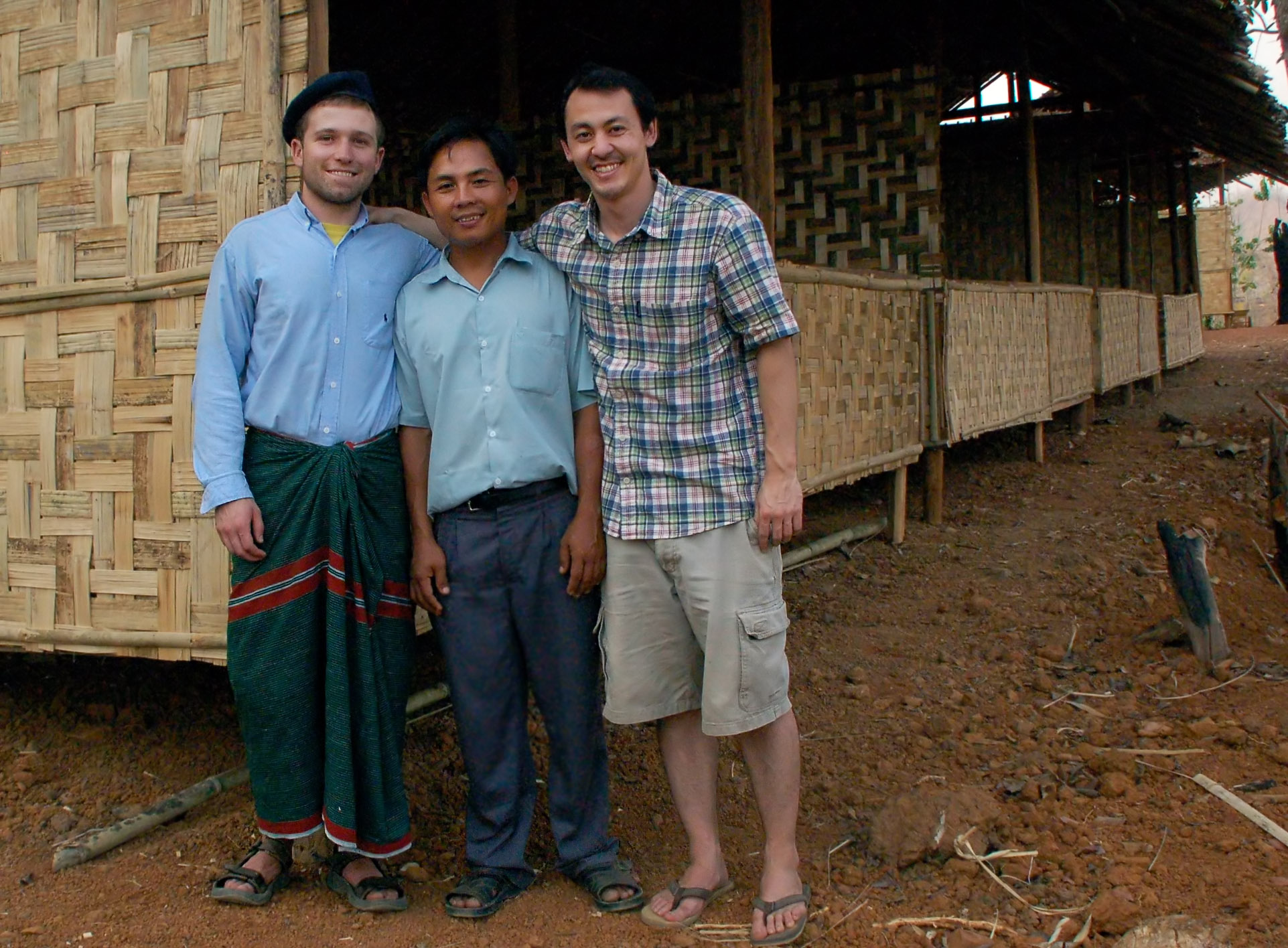Suffering from food poisoning, he finally made it to the river separating Burma and Thailand.
Benjamin Moore was ready to embark on an hour-long ride in a wooden riverboat, camouflaged so that no one knew an American college student was there to help the refugees.
It was dark. The guards had guns. But that didn’t matter; he would make it into the camp.
For non-natives, crossing the Thailand-Burma border takes patience, stamina and a willingness to journey through the dark Thai jungle, concealed from the sight of army guards and exhausted from hours of travel.
Though crossing the border incognito was only the beginning of his stay in Burma over spring break, Moore, a fourth-year political science student, arrived at the refugee camp for the Burmese ethnic minority group known as the Karen.
He came equipped to oversee and implement his project to provide refugees with free secondary education.
With the help of Burma Community Builders, a non-profit organization dedicated to aiding displaced refugees along the Thailand-Burma border, and a $10,000 outside scholarship to fund his education project, Moore, in working with Burma Community Builders, was able to bring his own curriculum entitled “Non-Violent Communication” to the new school, he said.
After more than a year of construction, the school is finally ready to open next week, he added.
Burma’s military dictatorship has displaced of thousands of people from their villages ““ about 3,000 of whom now reside at the camp where Moore stayed, he said.
The lives of these refugees are simple, but difficult. Moore said he was amazed at how they maintained the will to keep on living, despite having to leave their homes and watch while countless husbands, fathers and brothers fight as rebel soldiers against the government.
“It’s dangerous and highly illegal to help pro-democracy rebels,” said Moore, who had to be covered upon arriving at the camp so military leaders wouldn’t know he was there.
Moore said he had to spend two hours each day in hiding when the Thai military was patrolling the camp.
The rest of his time was dedicated to talking to camp leaders and students about the future of education at the camp, ascertaining their needs and connecting with them through games of volleyball and barefoot soccer.
“I stayed at the camp leader’s house and would talk to him every night to debrief about the day ““he told me he’d been praying for two years for something big like this to happen,” said Moore, who was deeply impacted by the camp leader’s hope to one day give back to someone in the same way Moore was giving with the new school.
Burma Community Builders’ work at the camp will continue, as the organization plans to provide the school with its first few years of program support, said Edith Ben-Horin, Burma Community Builders Board of Directors member and UCLA alum.
She added that Moore’s work in Burma highlighted his inspirational ability to seemingly erase any barriers between learning and actually experience and was impressed with his interest and understanding of world affairs.
As a member of Bruins for Burma, Moore was able to get involved with Burma Community Builders and make his very first trip to Burma two years ago. It was there that, rather than making the journey to the camp, he remained on the Thai-Burma border to work with non-governmental organizations and Karen human rights groups, Moore said.
He added that he hopes to be able to take more trips to Burma in the future, but would much rather have the money go towards the maintenance and success of the education project.
Moore was accompanied on his trip to Burma by Gordon Welty, founder and executive director of Burma Community Builders, who said that because of Moore’s education project, the school will be only the second public high school in existence in the entire region ““ an unprecedented undertaking.
“Being fully involved in this school project from start to finish, Moore’s involvement has been quite significant,” said Welty, also a UCLA alum.
He added that it is the dedicated efforts of Bruins like Moore that have made Burma Community Builders a successful organization that can continue to aid the people of Burma.
After graduation, Moore, whose project was honored with the 2010 Charles E. Young Humanitarian Award in May, will attend Columbia University in the fall to pursue a master’s degree in international affairs.
He said he will forever be inspired by the connections he made in Burma and by the refugees’ tenacity and drive to thrive, despite the conditions brought about by the military regime.
